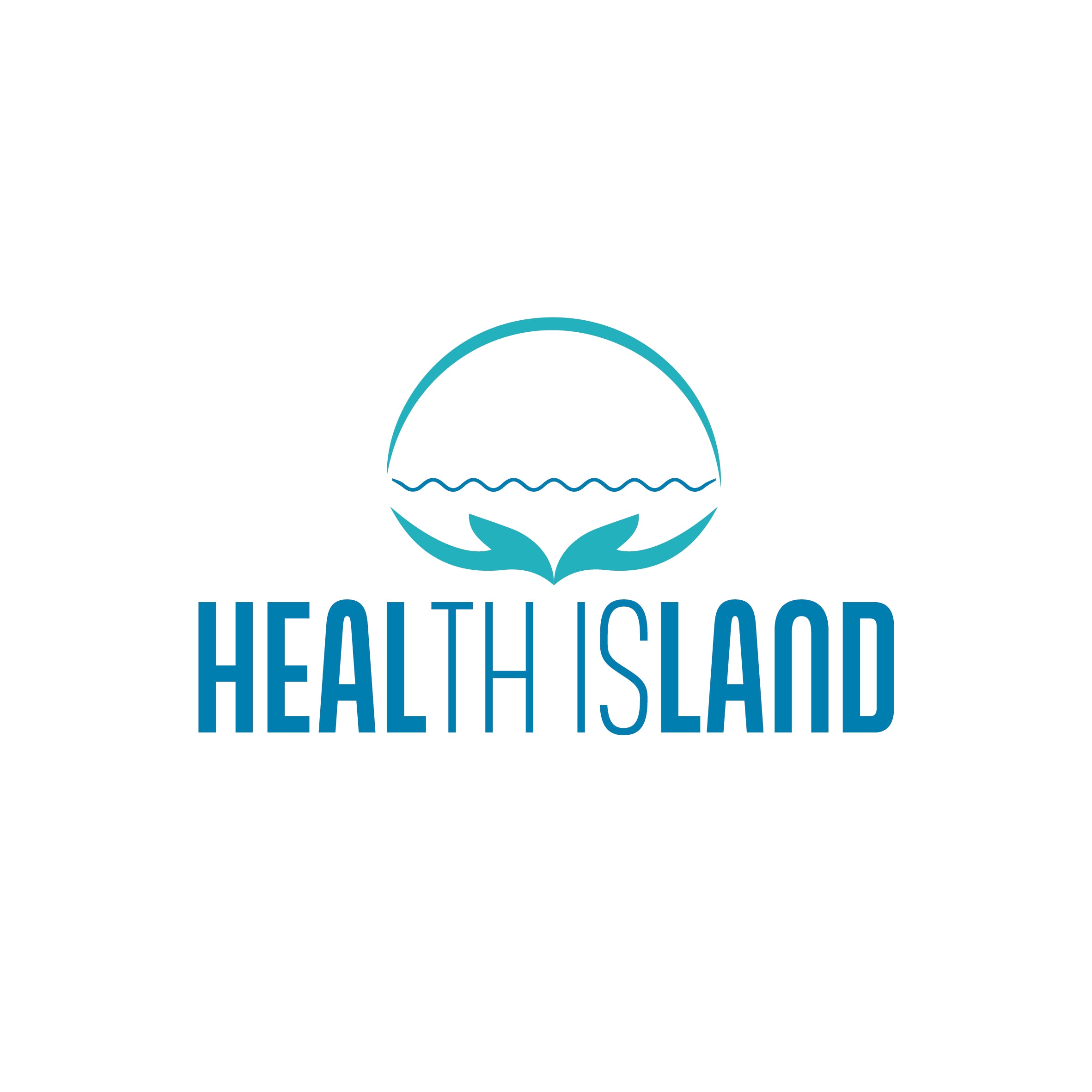Are snacks good or bad for you?
A snack is generally defined as any food eaten between main meals. Many people snack at least once during the course of a day, and there are several reasons why. The most common scenario is that our stomachs start growling a few hours after our last meal. Another might be a dip in energy levels that a small bite can remedy. Or maybe we are just struggling to resist temptation of something that’s in front of us (are food trolleys still a thing?).
According to Hess, JM, Slavin JL - The benefits of defining “snacks”. Physiology & behavior. 2018 Sep, the most common snack choices are fruit, cookies, chips, ice cream, candy, popcorn, soft drinks, crackers, cake, milk, nuts and seeds, tea, and yogurt. Snacks have been associated with both weight gain and maintaining weight, as well as with a lower or higher diet quality. Although snacks can be a regular and important part of a healthy diet, they can also lead to health problems. What differentiates the two scenarios is one’s snacking behaviour: what you snack on, why you snack, frequency of snacking, and how snacks fit into your overall eating plan.
About a quarter of Americans surveyed said they snacked multiple times a day, and one-third snacked at least once daily. 40% said they at least occasionally replaced meals by snacking (lunch being the meal most often replaced) and 25% sometimes skipped meals entirely.
During the COVID-19 pandemic, more people under the age of 35 and parents with children under 18 years have reported snacking more than usual.
At Health Island our core business is healthier snacking. First prize for any food, be it a meal or snack, should be something as natural and raw as possible: fruit, nuts, berries, raw veg, unflavoured sugar-free yoghurt, hummus and the like. However, fresh food like this is not always readily available, and it takes planning to arrange, possible temperature control as well – hence our grab-and-go healthy snack packs.
Benefits of Healthy Snacking
- Provides a boost of energy if several hours pass between meals and blood glucose levels drop.
- Helps curb your appetite to prevent overeating at the next meal.
- Provides extra nutrients when choosing certain snacks like fresh fruit or nuts.
- Can help maintain adequate nutrition if one has a poor appetite but cannot eat full meals, such as due to an illness.
Pitfalls of bad snacking
- Unwanted weight gain if portions or frequency of snacking is too much, adding excess calories.
- Too much snacking can reduce hunger at meal times or cause one to skip a meal entirely, which increases the risk of losing out on important nutrients.
- Regular intake of ultra-processed hyperpalatable snacks that contain added salt, sugar, and fats but that are low in nutrients and high in calories can increase a preference for these types of foods, leading to a change in eating behaviors and diet quality
Also to consider:
WHEN: Reflect on a typical day: what hours of the day between meals might you feel hungry or tend to grab extra food?
WHY: If snacking occurs frequently, determine if you are truly hungry or eating because of an emotion (bored, stressed, tired, angry, etc.). If you are hungry, go to the next step. If you realize you are eating from emotion, consider using mindfulness strategies before snacking, or distract yourself with a phone call or a quick walk.
HOW MUCH: A snack portion should be enough to satisfy but not so much that it interferes with your appetite for a meal or adds too many calories. A general rule of thumb is to aim for about 150-250 calories per snack. This is equivalent to an apple with a tablespoon of peanut butter, or a string cheese with 6 whole grain crackers. If choosing a packaged snack such as chips, dried fruit, or nuts, read the Nutrition Facts panel to learn what is one serving.
Most Health Island snacks are procured with portion size in mind.
We don’t do excess, so our snacks are an average weight of 60g - just enough to stave off immediate hunger with one snack, or combine a couple as a meal replacement if needed.
Happy (guilt-free) Snacking!
